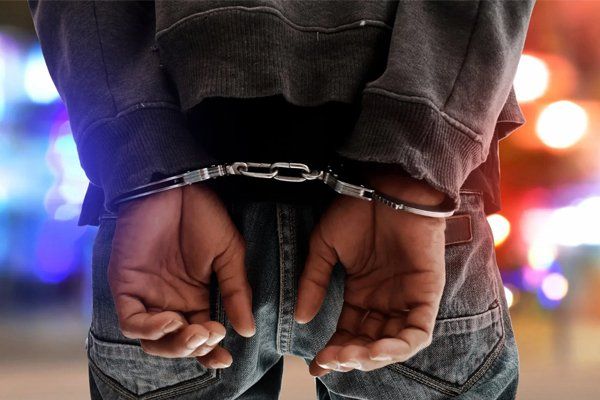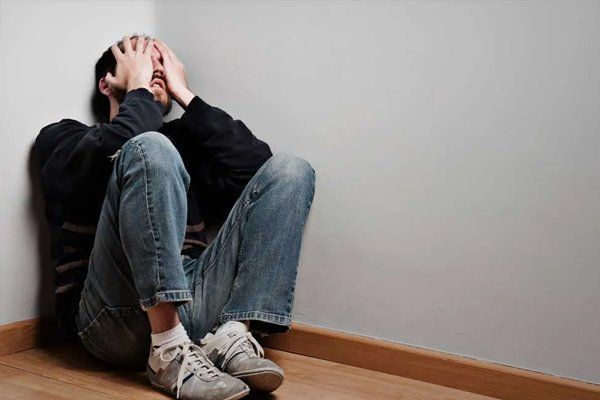Inmate Responsibility Under Proposition 57
Prevention of prison overcrowding by enabling non-violent offenders to serve shorter sentences was the purpose of the California Parole for Non-Violent Criminals and Juvenile Court Trial Requirements Initiative (Prop 57). The decision to make a change was not optional because the overcrowding made the state guilty of violating the Eighth Amendment.
Prevention of prison overcrowding by enabling non-violent offenders to serve shorter sentences was the purpose of the California Parole for Non-Violent Criminals and Juvenile Court Trial Requirements Initiative (Prop 57). The decision to make a change was not optional because the overcrowding made the state guilty of violating the Eighth Amendment.
Proposition 57 passed in November 2016, and most of the changes give detainees the responsibility to convince the court system of their readiness for parole. Prison inmates need to understand and follow the standards of the credit system to shorten the time they spend incarcerated. There are several options available for non-violent offenders.
Eligibility for Release
The California Department of Corrections lists 23 crimes as violent offenses. A conviction for any of these crimes makes a prisoner ineligible for an early release under Prop 57. Many of the crimes are obvious, like murder and rape. Other crimes on the list are less easy to understand. For example, mayhem, some verbal threats, and certain forms of extortion made the list.
Inmates often need an attorney to figure out if their charges fall under the description of a violent crime or a non-violent offense. The details of the case and the specific charges filed against the offender may determine eligibility. An attorney can file an appeal if the inmate was not violent, but they are ineligible due to the type of charge made against them.
Earning the Credit
Credits are applied for good behavior, but the inmate must do more than behave. Participation in work groups counts as much as following rules. The completion of certain programs earns people milestone credits. Non-violent offenders can earn up to six weeks of credit time per year. Included in this credit system are training, education, and rehabilitation programs.
Education credits beyond the milestone credits help even more. Inmates that receive high school diplomas or higher degrees qualify for the added credit. Those that completed the programs before the law came into effect can receive retroactive credits. Rule violations of any kind cause loss of the credits.
Primary Offense Release
The passing of Prop 57 changed the law to allow the release of some inmates after serving out the time sentenced for their primary offense. The law also enables some to earn more credits than usual towards an early release, but the California Department of Corrections and Rehabilitation (CDCR) controls who qualifies for this benefit.
Exclusions for Some
Prior convictions, particularly those that fall under the three strikes law, can lead to ineligibility as well as the requirement to register as a sex offender. The CDCR may also exclude inmates that break prison rules. The CDCR can consider the time spent in a mental health facility after committing a crime as a prior offense and use it to consider an inmate ineligible.
Prove Public Safety
Prop 57 does not guarantee an early release. Every inmate must prove they do not pose a threat to society. The benefit an inmate receives depends on their effort to improve their lives and their willingness to follow prison rules. The CDCR conducts reviews on each qualified inmate once they serve the time for their primary offense before granting their release.
Proposition 57 helps many non-violent offenders to serve their sentences faster and return to their normal lives sooner. Unfortunately, there is a lot of confusion about who qualifies. Anyone facing criminal charges must have an attorney to prevent ineligibility through incorrect charges. Current inmates should have their case reviewed to see if they deserve any retroactive credits.
There are plenty of reasons why anyone facing or experiencing incarceration would want some advice and guidance about this law. Contact Ralph Torres Attorney At Law to discuss your case or to learn more about early release credits.



